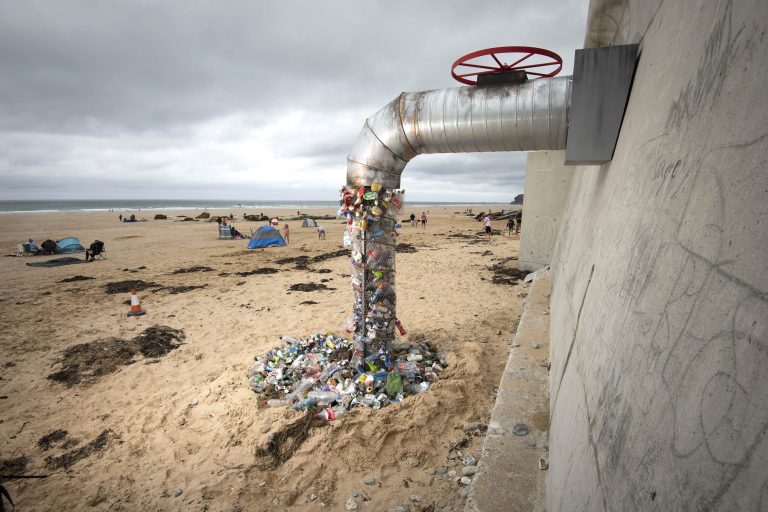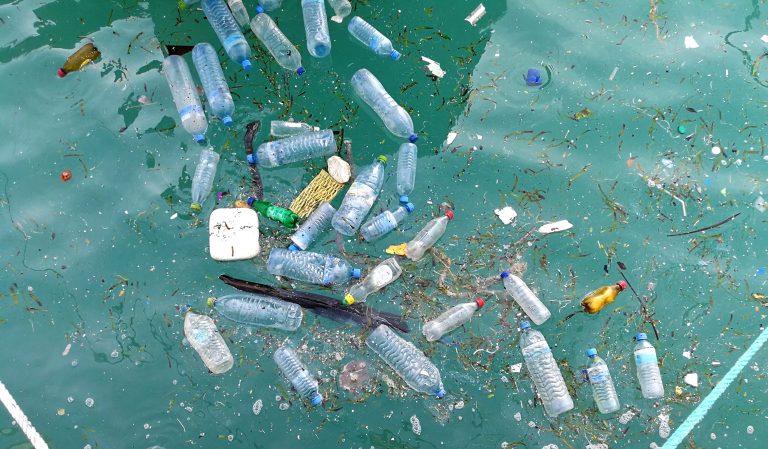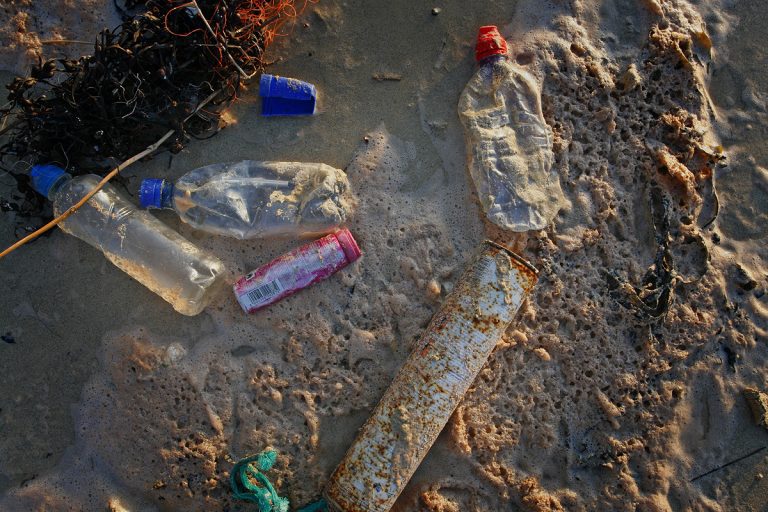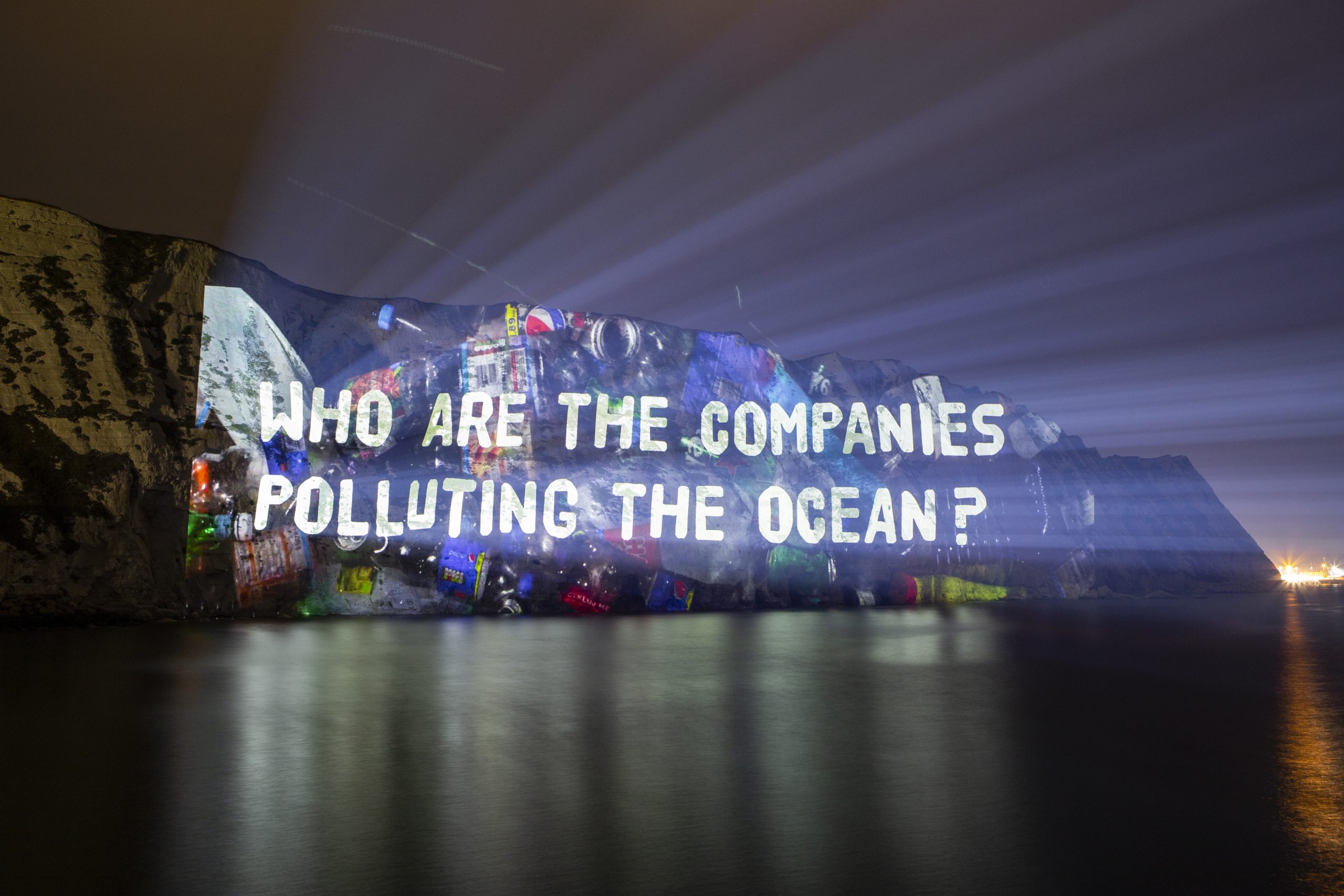
Our Brand Audit Report
We uncover the Dirty Dozen fuelling the plastic pollution crisis and filling the ocean with their single-use packaging.
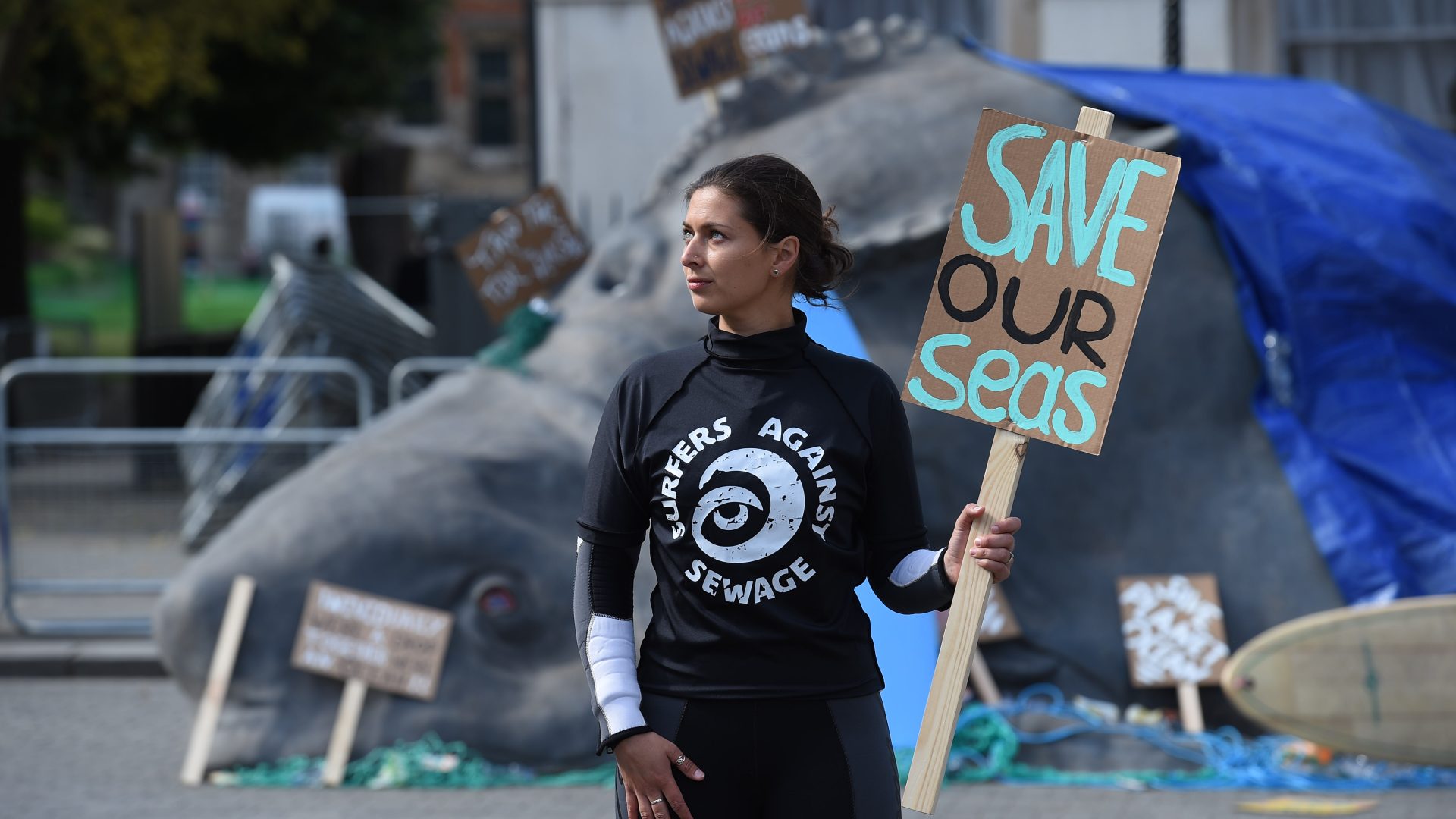
Plastic is an amazing material. It keeps us safe, helps us heal, and provides a vital service in shaping our homes and lives. But the disposable, throwaway consumer culture nurtured by big businesses with fat bottom lines has turned this wonder substance into a death sentence for the ocean, and life as we know it.
Wildlife is frequently killed ingesting or getting tangled in plastic packaging and discarded fishing gear. Microplastics are entering the ocean and rivers at alarming rates, taking an as yet unmeasured toll on animal and human health. Plastics carry toxic chemicals, pathogens and invasive species to pristine and vulnerable marine habitats, damaging the resilience of these ecosystems. And by choking the ocean – the biggest carbon sink on the planet – it is also inherently linked to climate change.
A global and ecological crisis is upon us and plastic pollution is a key cause, placing stress on the world’s resources and contributing to our overheating planet.
We’re seeing overproduction and overconsumption of non-essential, single-use, throwaway and polluting plastics. Companies with no regard for the planet in their pursuit of profit, produce quick and dirty plastic-packed products to feed consumer culture’s obsession with the fast and the new. Globally, plastic packaging production is expected to double by the late 2030s, and quadruple by 2050.
The crisis is made worse by our current appalling recycling and waste management systems, which can’t cope with the staggering amount of plastic produced every year. Of all the plastic waste produced to date, only 9% has been recycled. Ever. In the history of plastic production. It has to stop.
Surfers Against Sewage is a leading voice in the campaign to eliminate plastic pollution, we bring together people power on the ground with changemakers at the top to drive progressive legislation that will stop plastic pollution at the source.
This is about joined-up thinking, not one-off causes. It’s about dramatic, urgent action to rethink our economic models so they become sustainable, circular and clean.
This means:
Our campaign reports hold the plastic polluters to account and provide the solutions to turn back the plastic tide.

We uncover the Dirty Dozen fuelling the plastic pollution crisis and filling the ocean with their single-use packaging.
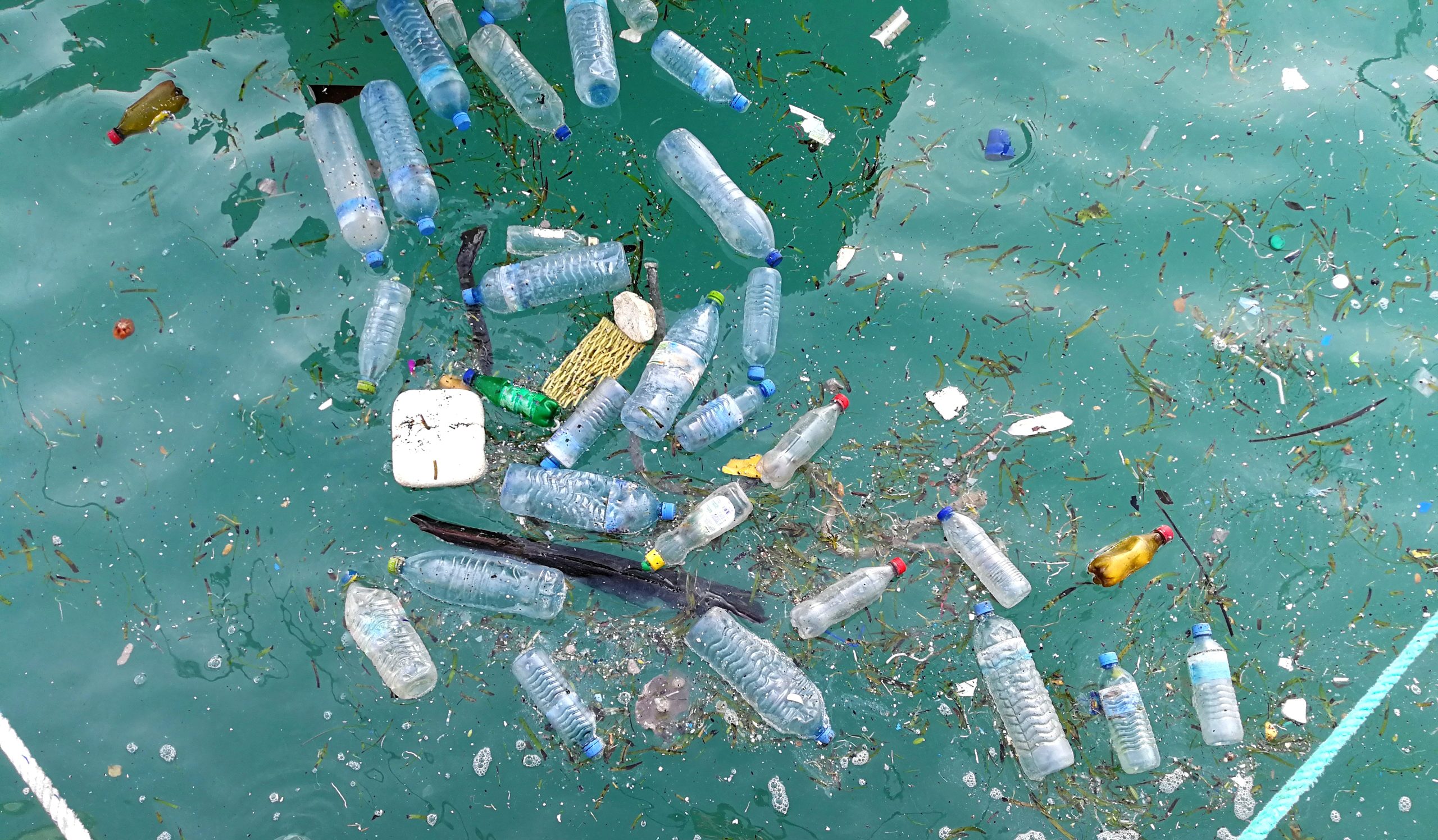
Our strategic national action plan to end plastic pollution and turn back the plastic tide that's choking the ocean.
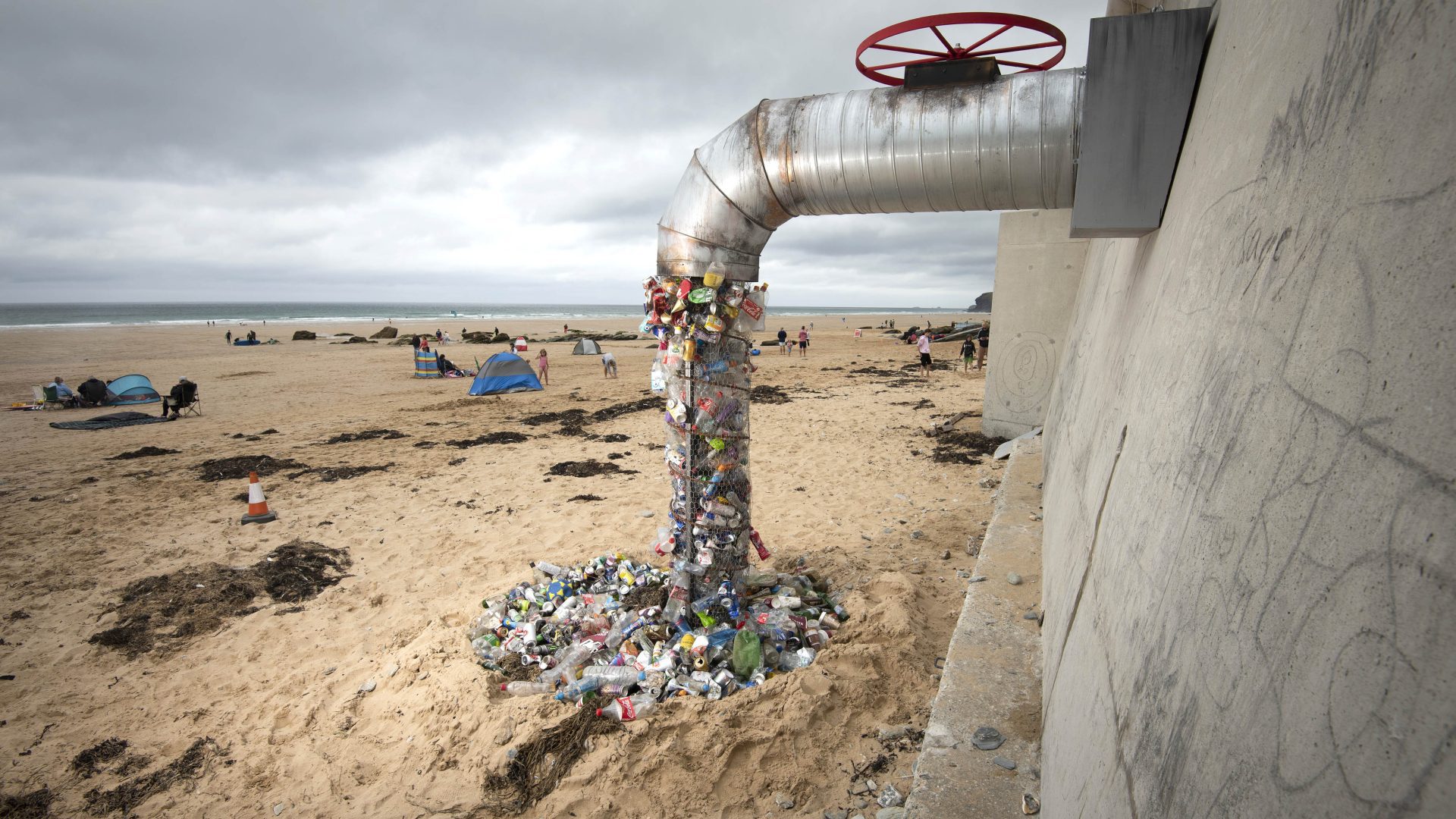
Turn back the tide of plastic pollution choking the ocean
